– Hi Oleg! Your telegram channel is called “From Freeroll to Million” . Tell us about your marathon and what level are you at now?
– I started playing poker a hundred years ago, got started with a deposit of 10 bucks and grinded cash. Over time, I got tired of the cash games, a kind of mental melancholy and a strong desire to do something stupid appeared. I thought that going from freerolls to a million sounded pretty crazy and irrational, which was exactly what I needed. In general, I decided to add romance to my daily routine.
– So you really withdrew your entire bankroll and started again with freerolls?
– Yes, I took everything out and bought an apartment. I also left a reserve of money for the coming year. I figured that I would calmly play freerolls and live like a human being. Fortunately, I jumped through the freerolls quickly, and then it went from there. I still keep a sign where I write down every dollar I earn.
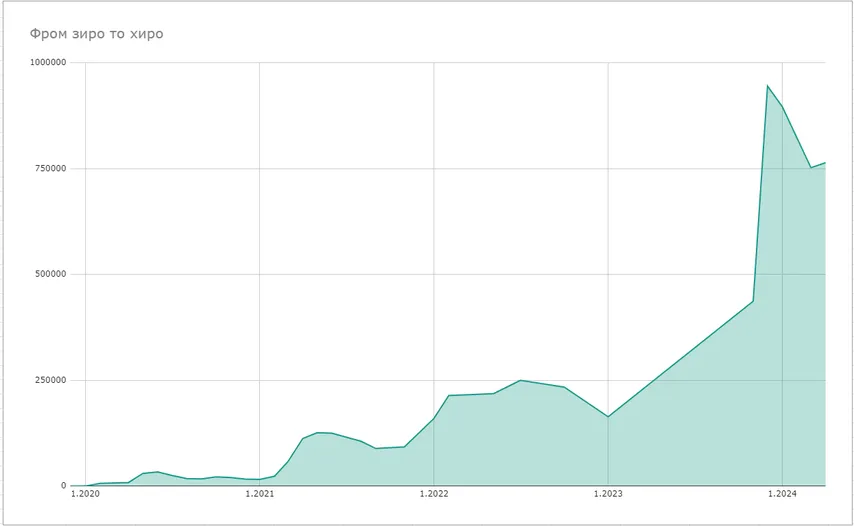
More than four years have passed since then and now I’m at the seven hundred thousand mark. I was pretty close to finishing the marathon, but the last trips offline I’ve been playing with all my heart in the minus, so I’ve rolled back a little.
– This is probably part of the MTT romance. Have you thought about what will happen when you reach a million? In fact, you need to win one big tournament.
– Well, in any case, you need to win one big tournament) And this may never happen. But I try not to look that far ahead. I would like to show a good and beautiful game, but I’m still far from that. In a sense, I want to go through poker, compete with the best players and tear them to pieces. Well, or at least bite.
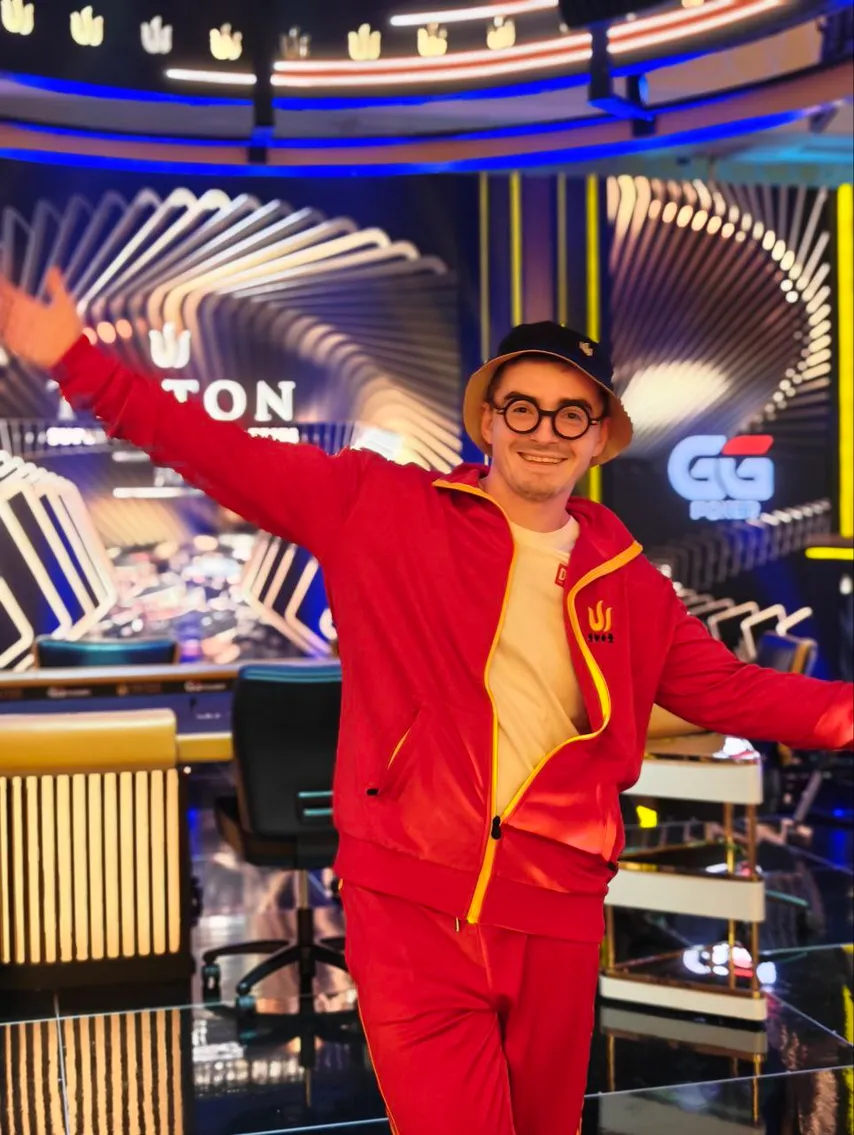
– I read that in addition to romance, you moved to MTT because you were looking for the meaning of life. Did you find it?
– I try to abstract myself from monetary goals in poker. It sounds funny, considering that my immediate goal is to win a million, but still. In fact, big money is not that important to me; if they appeared, I wouldn't know what to do with them. It’s clear that I need money to live – to eat, to go for a walk, but I don’t need that much to meet my needs. Therefore, we have to look for other meanings and add romance. It seems to me that poker itself is a good fulfillment for me, as a person who is trying to become better than yesterday. It doesn't always work out, though.
I remember that a long time ago I worked as a loader, and we carried some propaganda newspapers. We were already quite tired, and my friend said: “Work is not only a way of making money, but also a way of self-realization”. Since then, this phrase has been in my mind stuck in my head. All these meanings are generally needed to make playing a little more interesting. I just don’t really understand playing for money right now, but if you add some kind of competition to it, it becomes more interesting.
Outside of poker, I love to compete; you could say I have a competitive addiction. I’ve been addicted to various games for a very long time, and in general I started making money by playing somewhere in the second grade – we played chips, I was exceptionally good and managed to beat other children, and then sold what I won. During the school day, I could earn some pennies and buy myself a tasty treat.
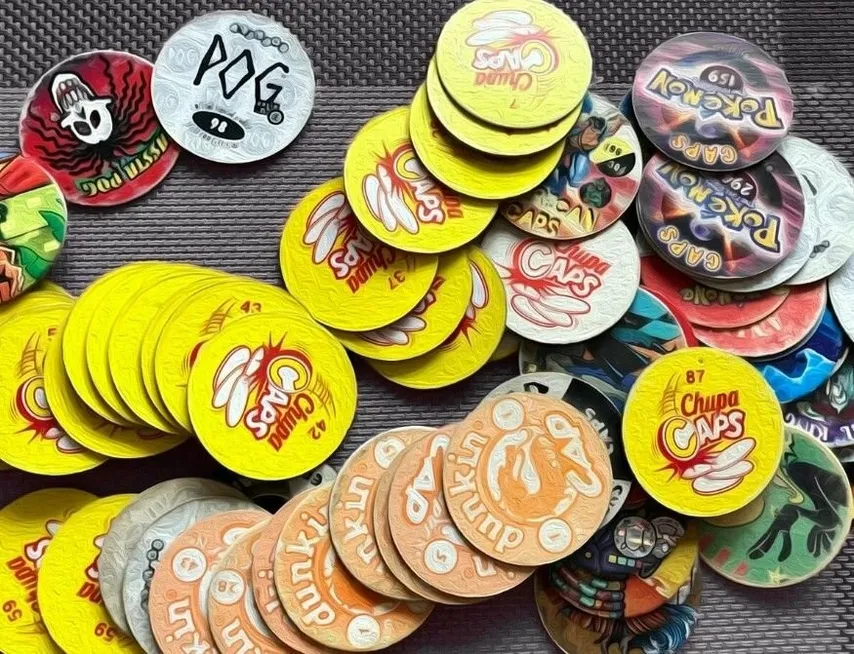
In general, I’ve been playing all my life, I love games and I don’t know how to do it any other way. And poker is a very cool game.
– What kind of work did you have before poker?
“I was a firefighter for more than two years, and at the same time I worked part-time as a trainer in a gym. I also worked as a bouncer, but I didn’t really like being up at night.
My introduction to poker happened in a funny way. During my puberty, I watched channel TV-3 and watched films for adults at night. Nooo, from about midnight to one o'clock they showed billiards or poker. Well, I had to watch all sorts of old people play cards; I didn’t even understand the rules then. When I became a student, and the burden of life began to weigh on my shoulders, I started thinking about where I could earn money for an apartment. I thought: “How is this even possible, at work they pay this much, and the apartment costs an incredible number of times more.” There was an insurmountable gap between these amounts.
Then I remembered that there are some dudes who play cards for a lot of money. Naturally I thought that I was the smartest and would unwind everyone now. I spent a lot of time combining work as a firefighter and studying the game. I prepared thoroughly, studied almost everything I could find at that time, so I almost immediately began to gain weight. True, not as expected, but in small ways and at micro-limits.
– How did you become a firefighter?
– I studied to become a fire safety technician and did an internship in fire departments, and after graduation I decided to stay there. I worked on a fire train and at the same time studied poker strategies, since I had a lot of free time. The essence of working on a fire train is that it is not very mobile; we could leave no earlier than 20 minutes after the call. It happened several times that when we got to the place, everything had already burned down. So in two years I have never been to a fire. And in general, good firefighters prevent fires, not extinguish them.
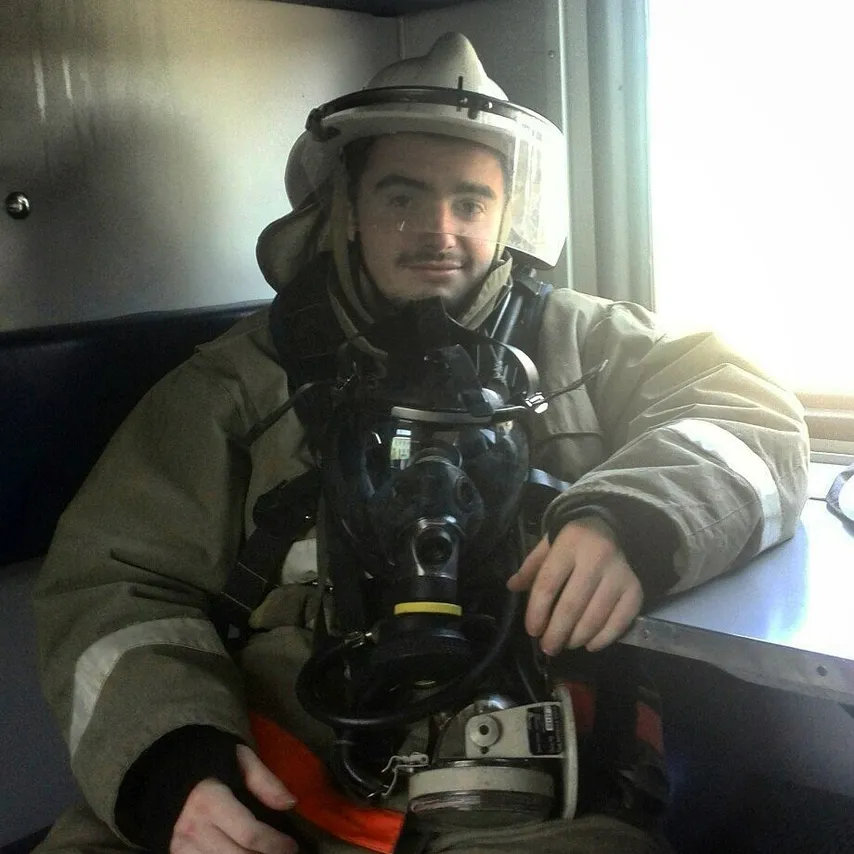
– What limits have you reached in the cash games?
– I played the most hands, about a million, on NL200, sometimes jumping to NL500 and NL1k. Once I even entered NL5k – lost one buy-in and immediately ran away.
– Was it a pity to give it all up and start from scratch in MTT?
– I watched countless EPT and WSOP finals when I was a fireman. At that moment, offline poker seemed somehow unrealistic and unattainable, so you can say that playing main was my dream.
I remember that I once played NL1k and bluffed the entire stack. After the session, I checked that I had played correctly, I just hit the nuts. And at the same time I did not experience any emotions. It was like going to the refrigerator and back.
I think it was burnout. I constantly played rake races, the mode was simply insane, I once played 27 days in a row for 10-12 hours. There were also weekly races on GG, it was even tougher there, I could play 18 hours a day. But you can’t stop, because you’ll give away the place you worked so hard for.
At some point, my routine changed, I began to wake up earlier and earlier, with thoughts of how to start skating as quickly as possible. I sat at tables all day long. I went to the gym, ate something and played, that’s it. At some point, racing became less rewarding, and without it I was bored. I even started streaming, I thought I would unwind poker twitch. It was not possible to overtake Inner, but thanks to everyone who once watched me. The contribution of the people who supported me and wrote something is much greater than they think.
– Why did you stop streaming?
– A year and a half after switching to MTT, I rose to ABI $50. But I didn’t like my game at all, I played poorly. Progress stalled. And the goal was to show high-quality poker content, and not just fun streams. In general, I wanted to play well. There was a conflict between streaming and a good game; it was as if it was a shame to stream a bad game. I had to do a lot of work to somehow improve the level. I put in a lot of effort, so there was simply no energy left for streaming, although I sincerely enjoyed communicating with people. Plus it's very distracting. Playing well and streaming at the same time is a very difficult task.
– Let's remember recent events. How did you feel when you opened the $500,000 chest?
– To be honest, I didn’t understand anything. A friend was visiting me at the time, and he was delighted, screaming and jumping around the apartment. It took me three days to comprehend. It even seemed that all this was not real, suddenly it was my sick fantasy, and in fact I made it all up. I specifically went into my account and checked. And in the moment I didn’t feel anything, I just continued to play, even went far in that tournament.
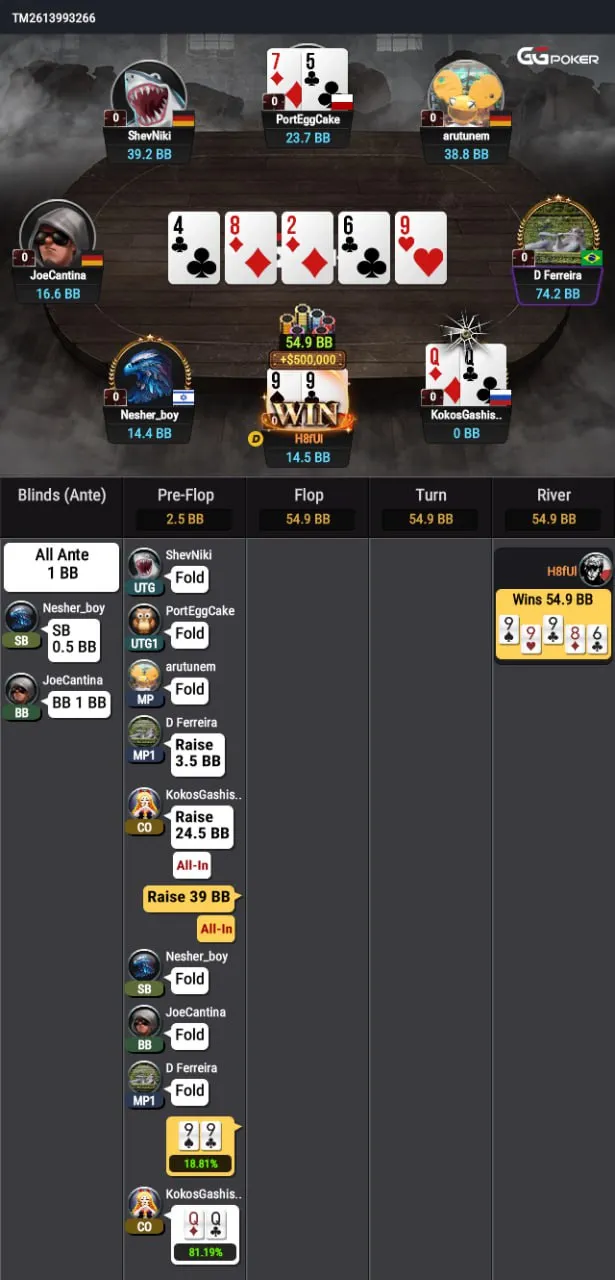
– And when you realized everything, you decided to do something with this money – invest or buy something?
– The problem is that I’m an ordinary poker player. Therefore, most of my decisions in other areas, such as investments and crypto, will be an order of magnitude worse. So I just increased my bankroll.
– Does this skid differ in any way from the prize money in the tournament for you?
– Probably not, I’m generally quite relaxed about money. I have a hypothetical plan for how much money I will need for the rest of my life. Based on this plan, I estimate how much I can spend per year. If I like something, I just buy it, but in general I live relatively modestly. I spend most of my money on entertainment, and I haven’t wanted to buy anything for a long time. Plus, the lifestyle imposes restrictions; a poker player without a fixed place of residence does not want to acquire things, because then they will have to be transported.
Recently, my friend and I agreed that if we go big, we’ll buy a motorcycle. We did great at the EPT, so we chipped in and bought one between us and are now riding it. This turned out to be a great purchase.
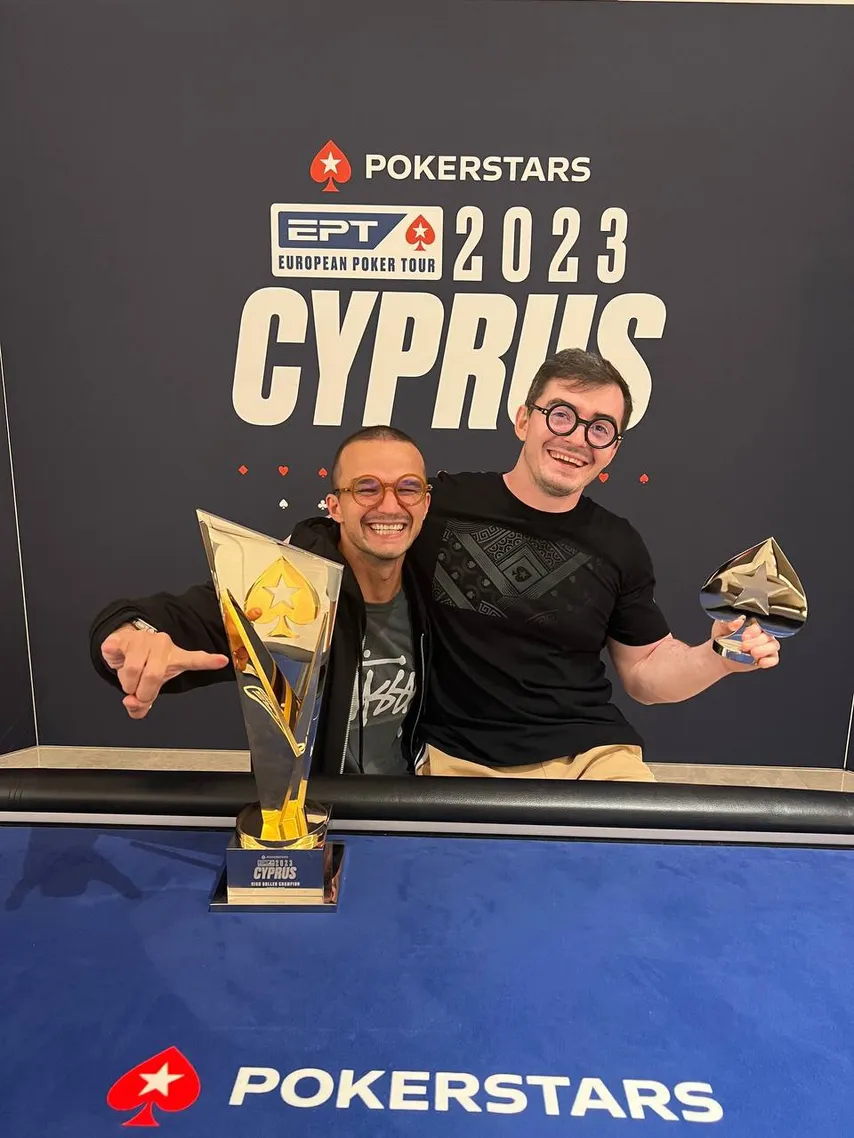
– You’ve been into motorcycles for a long time, haven’t you?
– Yes, I bought my first motorcycle when I first climbed to NL200. I broke up with my girlfriend and returned to my provincial town in the Smolensk region, where I was incredibly bored. He looked into the palace of his soul and asked: “Well, what do you want?” And a thin, barely audible voice answered me: “Motorcycle...” So I decided to buy it and immediately went to Europe. It sounds crazy – a person who has never skated before is going to travel around different countries. I went to Rozvadov to play, it was 1,500 km one way. This dampened my romantic feelings about motorcycles a little, and I began to consider them as a means of transportation. The experience was difficult, but I liked it.

– After bringing the chest, you wrote that you had a goal – to learn how to play and take a shot at Triton. What's next on the plan?
– I was fired up after the trip to Triton. I liked the event itself, the lineups, and the organization. When playing online, you can get a little depressed because at the most expensive limits the lineups are very dense, meaning you need to put in a lot of effort to beat them. Plus, stories about blocking, super users and tipsters do not add optimism.
And when I came to Triton, I discovered that poker was still alive, the lineups even in the most expensive tournaments were very cool, and I was definitely capable of beating them. Plus the fields are small, so you can even win something sometimes. Probably) In general, I was again inspired by the idea of showing an excellent game and results.
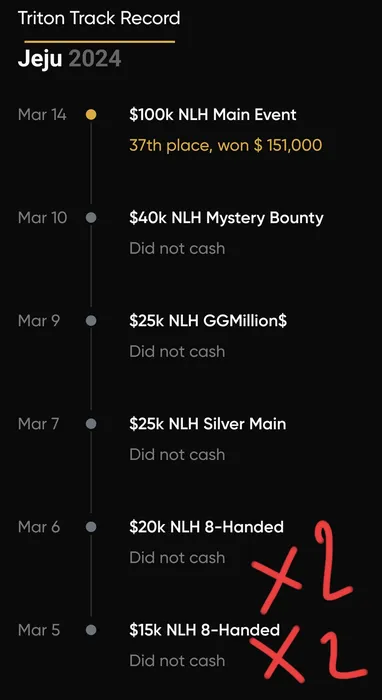
– Isn’t this the first time you’ve played so expensively? How do you evaluate your performance, if you abstract from the results?
– At the beginning of each offline series, I am a little nervous and worried, but I gradually get used to it. Many people worry that they will be nervous offline, for example when bluffing, and are afraid that their opponents will read them. In my case it was different, I bluffed a million times and was nervous at the same time, but the bluffs happened often, even too often, in my opinion.
With each subsequent tournament, something dies in your soul, and you get used to it. When I played the second day of the main, I was even surprised at how calm I felt, as if I was playing a regular session. Although during some hands I had to be nervous. My watch tracks my heart rate and complains when it gets too high if I'm just sitting. I even had to turn them off so as not to disturb the table.
– Did you initially want to play main or did you think about it during the process and decided to jump?
– If I had thought carefully, I probably wouldn’t have gotten into it.
It's not often you get the opportunity to make a really big shot without it being bankroll-killing. I decided that if I lost this $100k, it would not affect my financial situation in any way – I would play the same, my lifestyle would not change. I didn’t want to pass by such an opportunity. The tournament was truly excellent, the record for registrations was broken not only because of me, there were really a lot of fans.
– Is there a big difference in the level of play in “cheap” tournaments and in the main?
– In general, some kind of anarchy was going on in the inexpensive ones, apparently too cheap for the majority of amateurs who just wanted to hold the cards. But in the middle fields the fields were skewed, the lineups were much denser than in $15k and in the main. In general, there were about 25% amateurs in the main, which is very cool for a $100k tournament. And not all regs are so scary.
– Was there a large share from yourself?
– Yes... yesssssssssssssssssssssssssssssssssssssssssssssssssssssssssssssssssssssssssssssssss. I don’t really like all these stories with the sale of shares, and I don’t know any billionaires. Somewhere I swapped with the guys and sold a little. Even a small percentage on such a series is very expensive. It was on the main that I sold 32-33%.
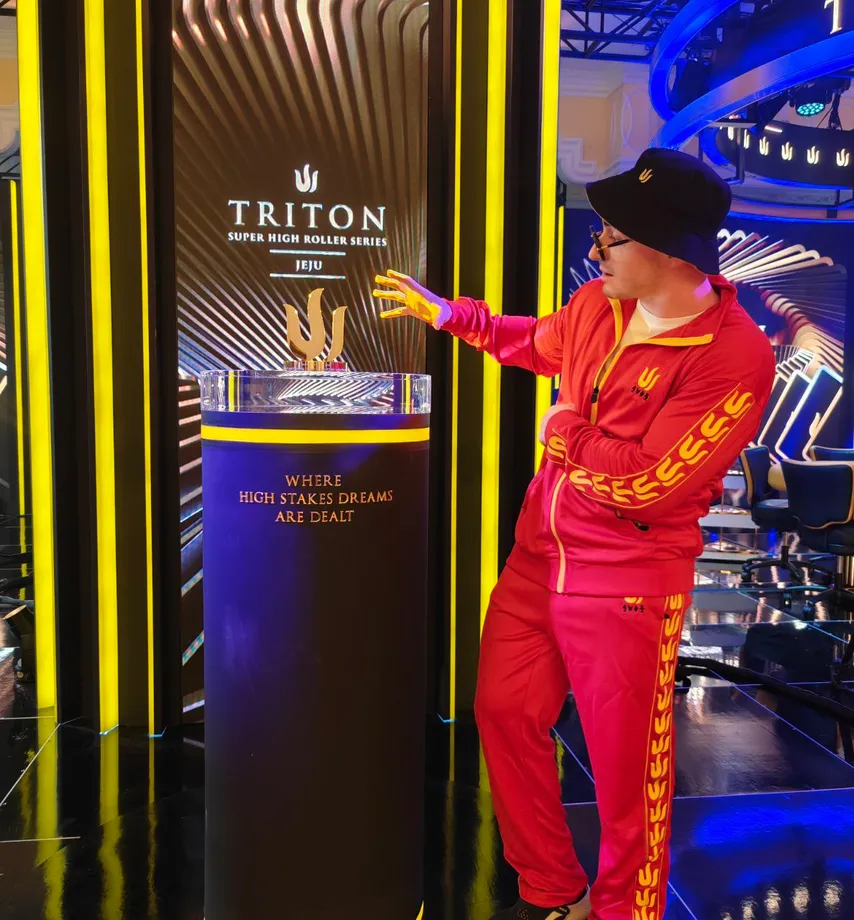
– Won’t the excitement and desire to grind in regular series disappear after tournaments for $20-100k?
Right now I'm most interested in the quality of my playing. It seems to me that the game that I am showing now and the game that I want to show are very far from each other. I am fascinated by the idea of realizing my crazy views on strategy, but for this I need to do something and practice, but my motivation has sagged lately. Now she seems to be back.
I really have interesting ideas regarding how certain spots should be played. Perhaps even unique. For example, I've played through a lot of hands in the series and found a few situations where I can pick up chips in ways that others might not think about.
– Did you make any mistakes during this series?
– There were mistakes, but not many and not critical. I simply chose branches that were not the best in specific situations. Somewhere I followed basic autopilot lines, somewhere there was a problem with hasty decisions. I counted 4-5 such hands in total. In general, everything is on point, but it could be better.
I once had a deep run in the Skup main for $10k, where I lost badly in the prefinals, and then went on tilt for six months. I still remember with pain in my heart how badly I played some hands. This didn’t happen on Triton, which I’m very happy about.
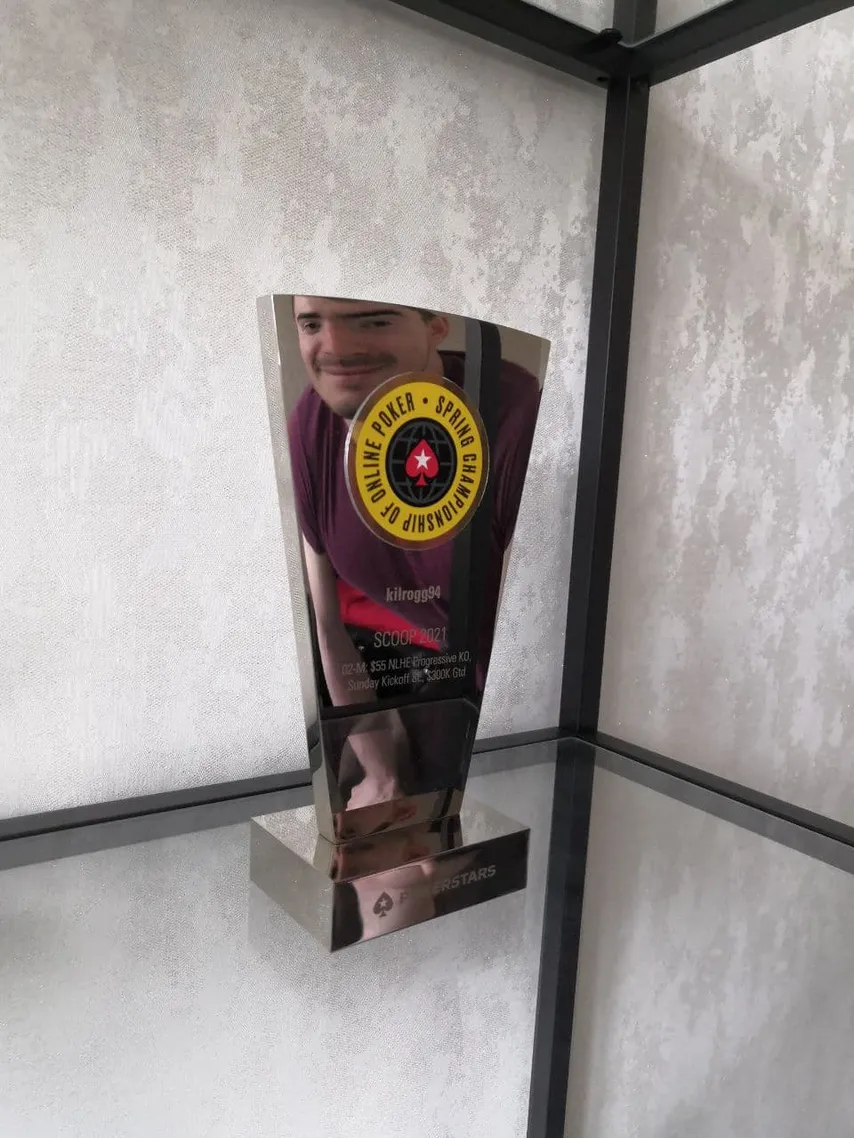
– After Triton, you stayed in Korea – what did you do, what did you see?
– The series took place on Jeju Island, Koreans call this place paradise, but they simply have never been to Montenegro.
We walked around the island a lot, saw the main attractions, and climbed the highest mountain in Korea. What I liked most was the food, of course. It’s completely different there, and the approach to food is very different from ours. It’s as if there are establishments not even on every corner, but in every building; the first two floors are restaurants and cafes. My problem was that when there is so much choice, it seems like there is no choice. Absolutely incomprehensible dishes are everywhere and in endless quantities. In general, it turned out to be a real gastronomic journey.
By the end of the trip I was already tired, the plan was to stay there for another four days, but we rescheduled our tickets and left earlier. It turned out that during these 3-4 weeks I walked 270 km, so I just wanted to sit at home and play a computer.
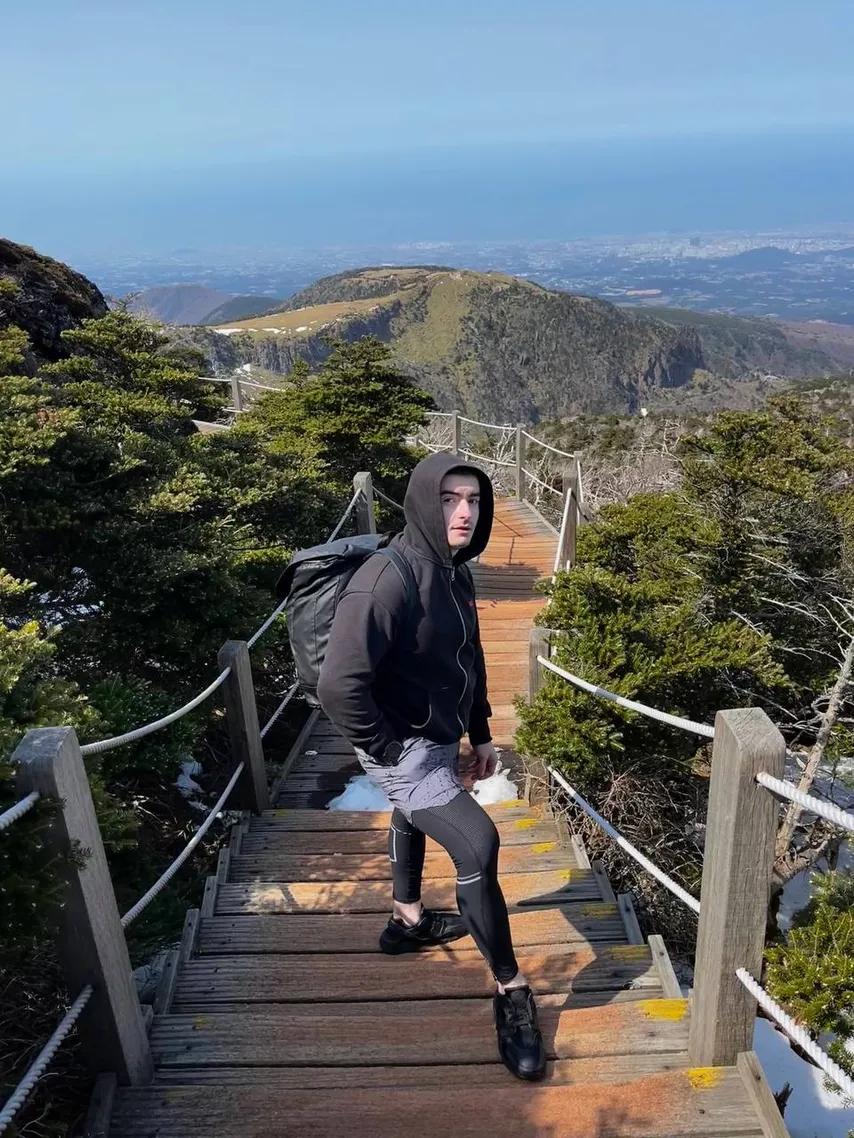
– You’ve been living in Montenegro for a long time, why did you like it so much?
– I really like the local nature. I live in a wonderful place, not far from my house, there is a waterfall, so I get high every day.
– Is this the same waterfall thanks to which the chests are pulled out?
– Exactly. This is a cool place, there are practically no people there, you can always come and spend time alone with yourself. I generally adore mountains and the sea, so Montenegro is a great country for me.
– What are you doing now besides poker that reboots you?
– I’ve been involved in sports all my adult life, it’s already an established habit, but I don’t get much pleasure from it, I’m just used to going to the gym to somehow compensate for a sedentary lifestyle. I recently started playing table tennis, I really like it, and here I get a lot of great emotions.
– I saw that you were seriously involved in parachuting. Do you like extreme?
– My principle in life is that if you don’t know how to do something or haven’t tried it, then try and learn. Parachutes used to seem like an activity for some unrealistic people, but I tried it and got involved. It’s funny, because I’m afraid of heights, and I noticed that I’m equally afraid when I’m standing on the third floor on a balcony and at an altitude of 3 km, the sensations are about the same.
– In the telegram channel you made notes on Tendler’s types of tilt. What type of tilt did you suffer from the most and how did you fight it?
– My tilt is rather apathy. I start looking for reasons to be upset. When there is hopelessness at the tables, I lose motivation. If hopelessness lasts for a long time, then I lose the desire to do anything at all. This is the “amotivational syndrome”. It’s especially difficult when you put effort into learning something, but there is no result or it’s worse than it was. My problem gets worse when I realize that now I played poorly. A few minutes pass, and I begin to think that my thoughts and reasoning were so primitive and bad that it’s probably never worth playing with such an approach. Such primitive mistakes can really unsettle me.
In fact, Tendler's A Beautiful Mind is a relatively weak book when compared to actual scientific works. I recommend Feeling Good: A Guide to Overcoming Depression and Anxiety by David Burns. It is considered one of the best books in this direction.
Another useful book for poker players is “Rooted to the Chair, Stand Up.” In my opinion, many people misunderstand the concept of physical activity; they think that if they go for a run or go to the gym, it will solve their problems. But the main problem is the lack of movement for a long time. That is, if we sit for 12 hours and play sports for 2 hours, then we sit for 12 (!) hours and only move for 2 hours. Our body is exposed to non-physiological stress all day, but it is designed for movement. If the body does not move, this is a priori bad. You cannot compensate for ten hours of sitting with several hours of sports, you need to balance it out.
– And what is the way out?
– The exit is, of course, out the window) If we don’t consider this option, then we can stand longer. In my opinion, this is a real bomb, just a million bucks tip for improving your poker strategy – play or work on your game while standing and dancing while doing it. It’s hard to dance at first; you need the right mood to dance. I noticed that at first it was hard for me to stand for 20 minutes, but over time it became okay – you stand for three hours and don’t even notice. There are many studies that show that schoolchildren, standing at their desks, absorb information much better, but I really don’t remember the numbers.
And in general, health should come first, and all the stories about making money and having fun come later. People worry a lot about strategy and psychology in poker, but they don't pay attention to absolutely basic things like just not destroying yourself. If you start with this, then half of the problems will disappear.
List of books from Oleg:
"Jonathan Livingston Seagull" – Richard Bach
“The Myth of Sisyphus” – Albert Camus
"The Boy Who Was Raised Like a Dog" – Bruce Perry, Maya Szalavitz
"Zen and the Art of Motorcycle Maintenance" – Robert Pirsig
– You said that tilt causes you to fall into an apathetic state, but what helps you cope with it?
– About a year and a half ago I fell into depression. Every day it became more and more difficult to find the desire to do something. I existed purely on logic, I did something because I had to, because I understood that if I sat with my hands folded, I would definitely not get better. I think time and physical activity helped me get out of this state. Even during depression, I didn’t give up on sports, but it still evens out my condition and gives positive emotions. I became interested in walking in the mountains. I ran uphill with my heart rate at 180 until I was half dead and jumped into very cold water. After this you feel much better. There is a scientific explanation for this; heavy training and cold water release a lot of hormones, it really works and calms you down. In general, I don’t have a universal recipe, I think you just need to do complex and difficult things that bring pleasure in the moment or on an ongoing basis.
Analyzing other people's games also helped me a lot – when you see that even “God-anointed” people make mistakes, it calms you down and gives you hope.
– Have you visited a psychotherapist or other doctors?
– I went twice, but I didn’t like it at all. It seems to me that the vast majority of such specialists are infogypsies. I love reading about psychology and understanding for myself how our brain works. And when you watch people who work in this field, you get the feeling that they don’t understand anything at all. The human psyche and its problems are a very complex system; even to the question of why I am in a bad mood now, there is no definite answer. Moreover, each person is a unique story; who knows why exactly I react to certain things in one way or another. I think that working with your thoughts should happen individually, but there is a problem – you can’t always ask yourself the right question.
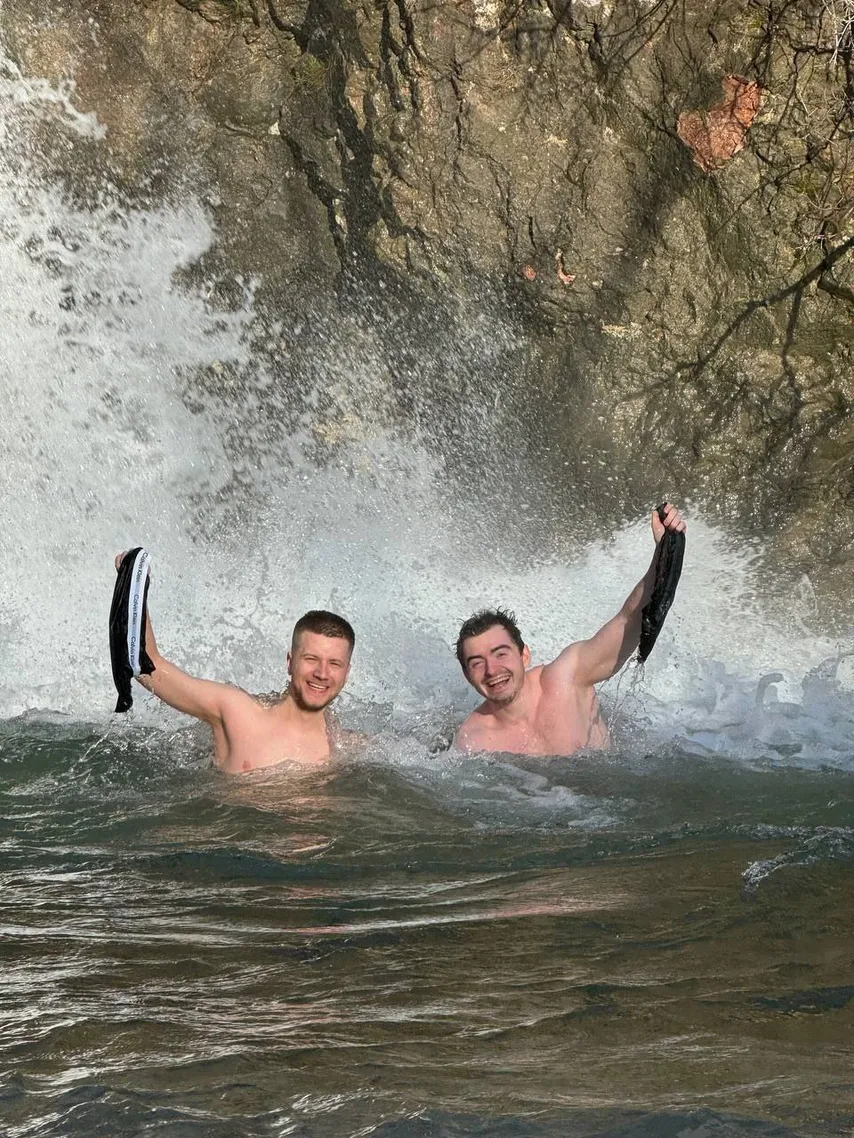
– After the series in the Bahamas, you wrote that it was time to become a professional poker player and that you don’t consider yourself one. At the same time, you have been making money playing poker for 10 years and performing successfully. What do you need to become a professional?
– I’ll make an analogy with sports. In general, poker is a sport, but it allows you to make concessions – you can do without physical activity, neglect your health, take the game lightly, because there are many amateurs and those who play even worse. Take any professional athlete and look at how he builds his preparation; for a poker player everything should be exactly the same, in my opinion. Athletes train hard – they suffer, they often hate what they have to do. At the same time, in addition to training, they eat and sleep properly, give up a lot of pleasant things and do this almost their entire lives. In any sport, the main problem is to do all this regularly and methodically. In poker, the secret of success is also known, but no one wants to put in that kind of effort.
In my opinion, you need to lead a healthy lifestyle and work on your game regularly. Regularly means every day. I see that many high rollers practically do not work and at the same time they are also physically destroyed. Professionals, in my opinion, do not behave this way. That is, you do all the necessary things not because you want to, but because you are a professional. I also do less than I should.
I had a period when I spent more time in the gym than in theory. Although I'm supposedly a professional poker player, I make a living playing cards, and I have to do something about it. Well, I went to the gym, lifted weights, because I enjoyed it, but I neglected theory because I was a jerk.
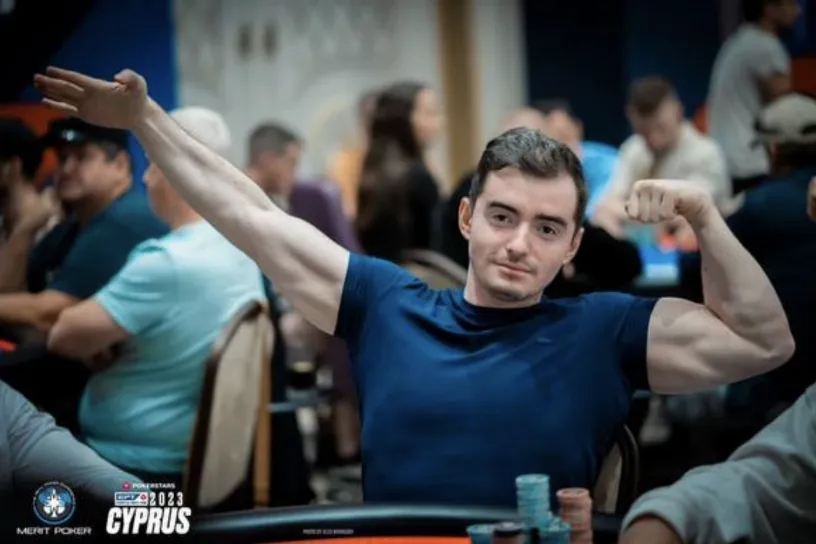
– On what points are you now falling short of your ideal?
– I haven’t played much lately, but I started studying theory regularly. I don’t like some things in my daily routine, something always pops up – the plan is to go skating today or go to the gym, but I can decide that today we have nothing planned. I also don’t like the approach to working on the game. There is a good analogy with going to the gym – you can go to the gym for years and not see results, but you can become a completely different person in a year. The only difference is that one person uses a professional approach and the other does not.
– Who do you think looks like a real poker professional?
– I don’t know many people and I can only guess. It seems that Nikita Bodyakovsky is doing everything right. Well, at least I met him regularly in the gym) It’s clear that this is not an indicator, but from the outside he seems like a professional to me.
– What does an ideal working day as a professional player look like for you? What schedule would you like to arrive at?
– Oh, I have an amazing plan that I tried to incorporate everything I know about the functioning of the human body into. I try to study neurotrophic factors, they improve the construction of new neural connections. These are all sorts of things like saunas, walks, physical activity and the like. For example, when I played cash games, I had a scheme for memorizing ranges – I drew them on paper with my right hand (I'm left-handed). And this scheme actually helped, I learned the ranges very quickly and still remember most of them.
So, my ideal work day. I get up at the same time, around 11 am, but getting up depends on the length of yesterday's session. I wake up and go for a walk, for me this is a must. Before Triton, I settled in the forest, which, of course, sounds like madness, and walked to the waterfall in the morning. The road is very difficult, uphill, the pulse goes through the roof. Having reached the waterfall, I climb into the cold water and sit there as long as I can stand it. And then I open my laptop and poke around in the distributions. There is no one in this forest, so there are no distractions, working on the game is pure pleasure.
We return home and have breakfast. Then it all depends on whether I skate today or not. If not, then I’ll stick in another theory block, and then I’ll go to the hall. After training, I usually decide whether to sit at the tables today or not. In general, I try to alternate intellectual activity with physical activity or rest.
I think being a professional poker player has to involve working during the day if we want to get the most out of ourselves. It is clear that someone can not sleep, do nothing besides play, destroy themselves and at the same time destroy. But for most people, to reach their full potential, they need to help themselves.

– You said that you do a warm-up before the session, what does it look like for you?
– That's what I said, right? What a chatterbox. Of course, you need a warm-up, but you can’t do everything that is planned.
The main thing, in my opinion, is getting up, walking, breakfast and some kind of theory.
Of course, you need to warm up, but if you take my recent sessions, I warmed up before 10% of them. I'm working on it, but I can't get everything I want in there.
Ideally, the warm-up should be about reinforcing new skills. Now before the session I train in Wizard on certain topics. If I find errors in a particular spot, I sit down and sort it out before the session. It will be hard for me, I will make mistakes, I will make as many mistakes as possible, but this will prepare me well for the game. In this way, you can trigger poker intelligence, which does not always want to work, and activate neural networks associated with poker. This is especially true for new information and strategies; the most recent skills are the most difficult to incorporate.
You also need to maintain your condition during the session, be sure to warm up during breaks. Ideally, I take one five-minute break to exercise, and the next to breathe and do an eye exercise. I can still stand on the nails, but during the break I don’t have enough strength for that.
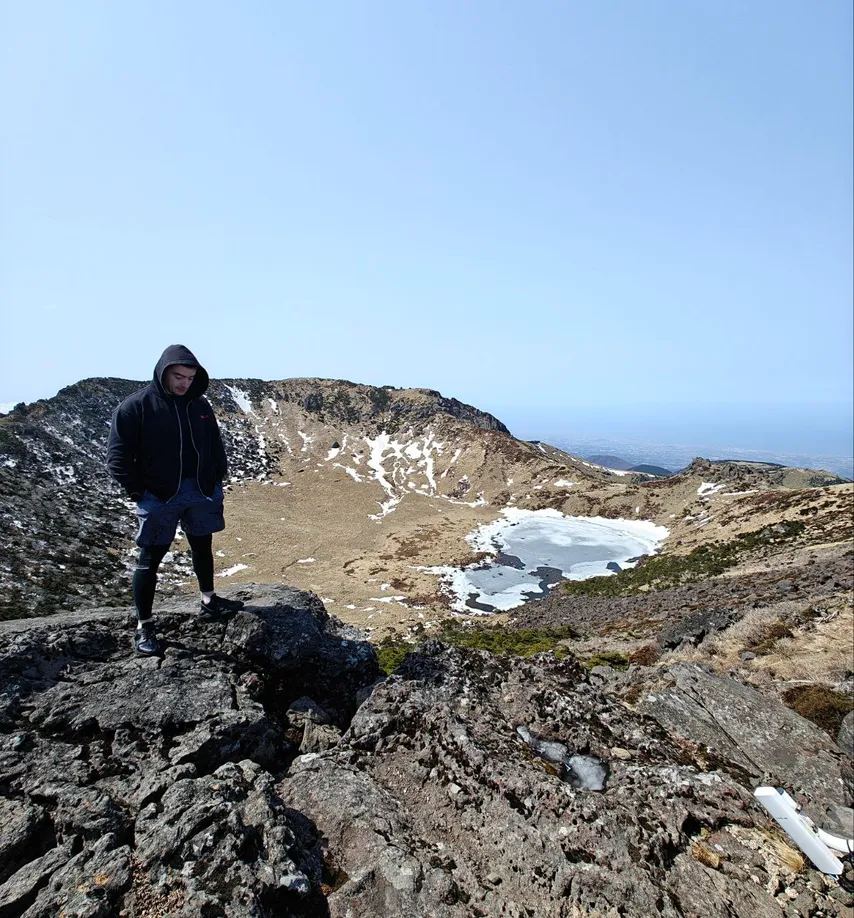
I really like the story about a cycling team. They are famous for the fact that their coach, Dave Braisford, set them a goal of improving each of the components by 1%. The team had never won anything before and was a wild underdog, but when he gradually began to improve everything, they began to show some crazy results. We just made minimal improvements, such as the shape of the seat, shoes, the right coffee. It seems like nonsense, but thanks to these improvements they have become unattainable.
Here, too, you can draw an analogy with poker, here is the warm-up and breaks – it seems like it’s nothing at all, some kind of nonsense, and it’s not hard to do, but at the same time it’s lazy. But they can have much more impact than we think.
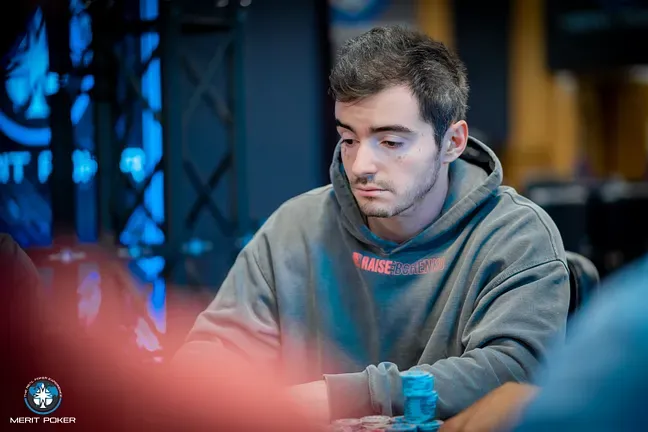
– What do you think has been the highlight of your career to date?
– Two events come to mind. First, when I first started playing, there were tasks on Stars, for completing which they would give tickets to all-in shootouts. I had a bankroll of $10, so I tried to snag any EV, and, of course, I couldn’t pass up a freebie. I somehow open this all-in shootout to cheer for myself, and at that moment I’m talking on the phone. And I watch how I win one all-in after another, passing the first, second, third round. I understand that I have already entered the prizes and I am sitting in shock. I was working at the time and earning $120 a month, so I watched what was happening in horror. I ended up finishing second or third and winning 300 bucks. That is, my bankroll increased 30 times in a few minutes!
I immediately withdrew part of the money, bought Hold'em Manager, spent some, and invested half of it in my bankroll. Since then I’ve been spinning around with that same money. I still remember those emotions; for me it was a lot of money.
The second event was negative. I played with a very aggressive BRM for a while and ended up losing my entire bankroll. I played heads-up cash at NL50, which was the minimum limit at that time. It seemed to me that there were only idiots sitting there. I was sure that everyone was playing terribly, and in general, this was a gold mine, but it just didn’t work out for me. I was six stacks short and lost two stacks. It turns out that I made a profit on the Evshka, but lost my bankroll. I still have some crumbs left, like a couple of bucks. Afterwards I lay on the bed in despair and felt like a complete loser. But since then the bankroll has not lost.



















